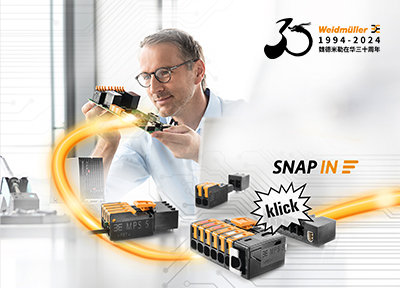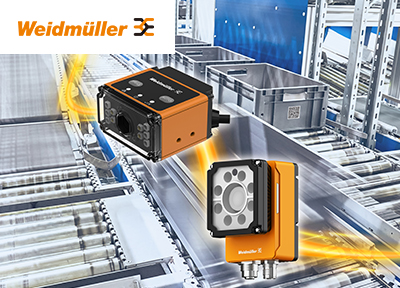Indiana Veneers has seen good times come and go in its 117 years in business控制工程网版权所有, but the current global recession has given it new challenges to face and adapt to. The Indianapolis-based company specializes in hardwood veneers exported to 42 countries for use in furniture and paneling. Due to the dramatic fall-off in business控制工程网版权所有, it has been forced to operate leaner, with production geared more tightly to customer demand. It has turned to real time data coming from its PLCs for use in determining profitability and satisfying customer delivery expectations.
“When we buy trees to fill an orderwww.cechina.cn, it’s almost speculation for what we’ll find once we slice them openCONTROL ENGINEERING China版权所有,” says Skip Smith, technology director. It’s only after the wood moves through gradingCONTROL ENGINEERING China版权所有, sortingCONTROL ENGINEERING China版权所有, and bundling that the company can determine margins and expected profitability. The company has come to rely heavily on the tight connectivity between its Mitsubishi Electric IQ Series PLCs and the Mitsubishi MESInterface IT module that is resident within the PLC.

Skip Smith, technology director at Indiana Veneers: Before using Mitsubishi’s MES Interface IT module to connect PLCs and the corporate database, “we might have gotten incomplete or inaccurate information due to the relative slowness of OPC polling.”
The unique configuration has enabled the company to streamline and accelerate real-time visibility by eliminating an OPC connection that wasn’t fast enough to accurately poll and capture the complete data set associated with a bundle due to the high rate of speed at which bundles are processed on the conveyor line. The resident MESInterface IT module now takes data directly from the PLC and sends complete data packets to the Microsoft SQL database, making accurate information immediately available to decision makers.


 在线会议
在线会议 论坛
论坛 专题
专题 工控直播
工控直播 新闻中心
新闻中心 子站
子站 技术
技术 社区
社区


.jpg) 福禄克六大“法宝”帮您搞定过程仪表校准难题
福禄克六大“法宝”帮您搞定过程仪表校准难题 中控时间序列大模型TPT免费有奖体验
中控时间序列大模型TPT免费有奖体验 爱德克SE2L进阶版安全激光扫描仪有奖预约演示
爱德克SE2L进阶版安全激光扫描仪有奖预约演示 剑维软件电子半导体行业白皮书有奖下载
剑维软件电子半导体行业白皮书有奖下载 魏德米勒麒麟系列产品赋能本土工业
魏德米勒麒麟系列产品赋能本土工业


























